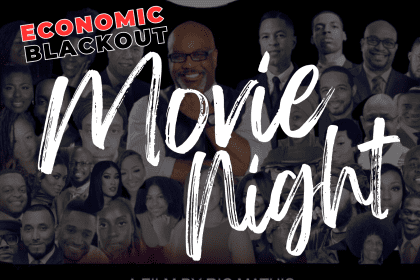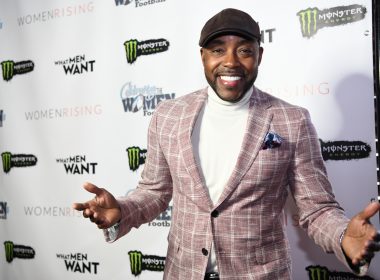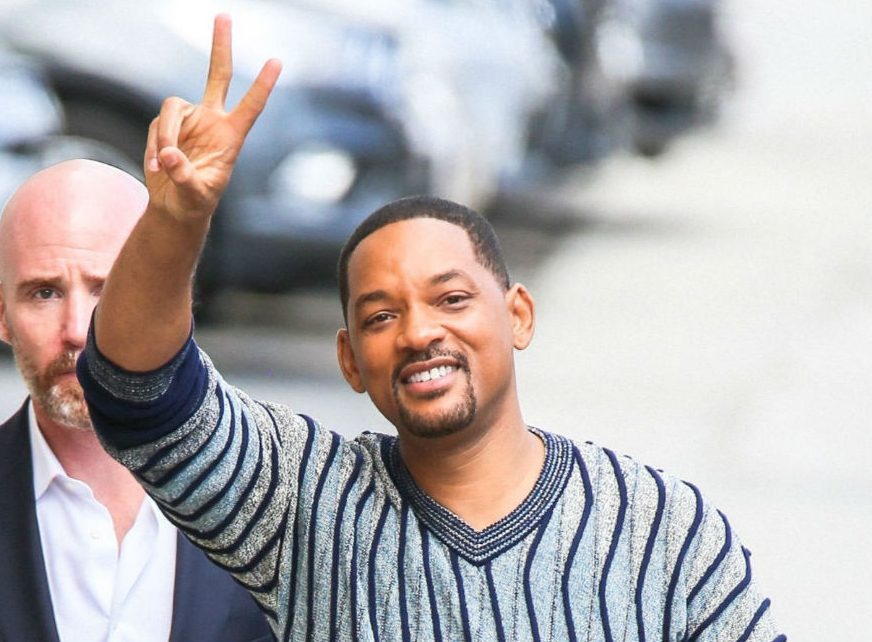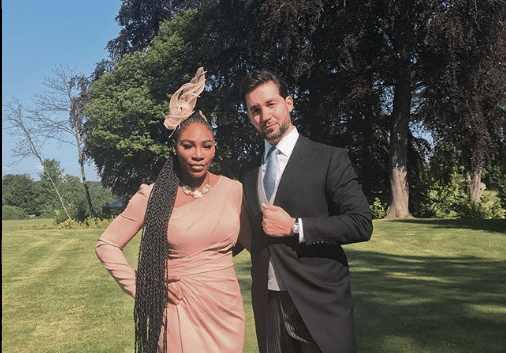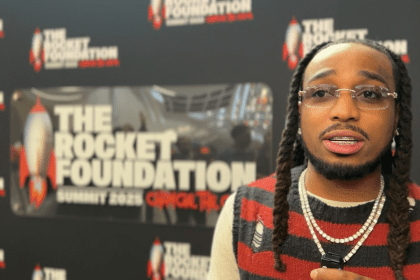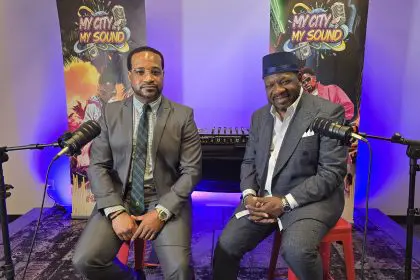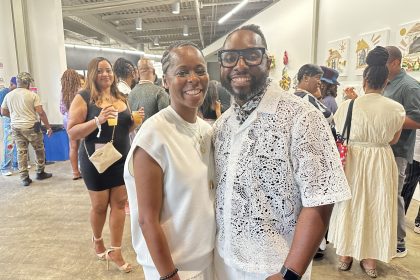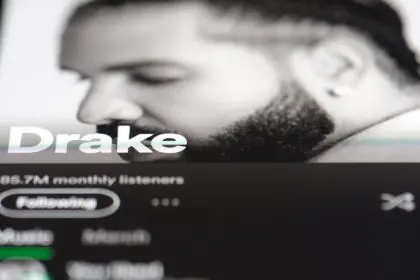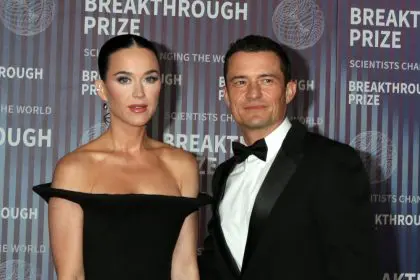 As a seasoned trial attorney, Charles Coleman Jr. was not surprised by the not guilty verdict following the George Zimmerman trial even though he shared in many citizens’ disappointment.
As a seasoned trial attorney, Charles Coleman Jr. was not surprised by the not guilty verdict following the George Zimmerman trial even though he shared in many citizens’ disappointment.
“The verdict is consistent with (Florida) law, but it’s not consistent with justice,” Coleman said. “And that’s the difficult thing for people to reconcile. That’s a very hard pill to swallow.”
So hard in fact that demonstrations and protests have broken out in major cities across the country in the aftermath of Zimmerman’s acquittal of second-degree murder in the killing Trayvon Martin in Sanford, Fla.
A veteran practitioner of juris prudence, Coleman spent five years as an assistant district attorney in New York City before becoming a federal trial attorney in the civil rights arena, specializing in equal employment opportunity law. Coleman’s cases have been featured on the Huffington Post, MSNBC.com, Law360.com and the National Law Journal.
Cultural morays, Coleman attests, as well as other important factors played into the way the law was administered in this case.
In Florida, unlike in his home state of New York, “it’s very much acceptable to shoot first and ask your questions later. That’s the culture. That’s why it’s not surprising that three of the jurors were gun holders. That’s what the culture is,” Coleman said. “It’s not necessarily foreign to them. I think that the law, combined with the culture, combined with a couple of other things such as race and a poor case put on by the prosecution, led to what the eventual outcome was.”
Unlike many ordinary laymen and women, who think that the state botched key witnesses — most notably Martin’s friend Rachel Jeantel — Coleman believes a much bigger prosecutorial error helped decide the outcome.
“Rachel Jeantel did fine. I think the bigger miscue [is] the prosecution let the narrative get away from them and they did not do a good job of controlling the narrative. The defense was able to take ahold of the narrative and they never gave it back and the prosecution never went and reclaimed it.
“[The state] tried to reclaim the narrative during the summation, and I think they did a very good job on the summation and the rebuttal. But, by that time, it was too little too late,” Coleman continues. “They had allowed the entire course of the trial to be about too many little details that had detracted from the bottom line. And the bottom line was: you had a 17-year-old, who was unarmed, who had done nothing wrong, who was dead. That was undisputed. You had a person in that room that was the shooter. That was undisputed. George Zimmerman was the killer. That was undisputed. The verdict is that a young man is dead and no one is held responsible for it. They lost the case when they lost the narrative. They didn’t sell it right. They didn’t make that clear. They had that part of their strategy but they assumed that’s what the jury would surmise that.”
Coleman believes it is “highly unlikely” that the U.S. Department of Justice will bring forth any other charges against Zimmerman. The NAACP and other groups pressed Attorney General Eric Holder to investigate the former neighborhood watchman.
“Some see Trayvon Martin as the modern-day Emmett Till, and that may be true. But the federal anti-hate crime statutes as they are written do not fit the facts in the Zimmerman case,” Coleman said.
Coleman added that the FBI, a bureau within the Department of Justice, had already interviewed Zimmerman and 30 people last year to determine if Zimmerman was guilty of a hate crime in following, confronting and shooting Martin. The answer was “no.”

